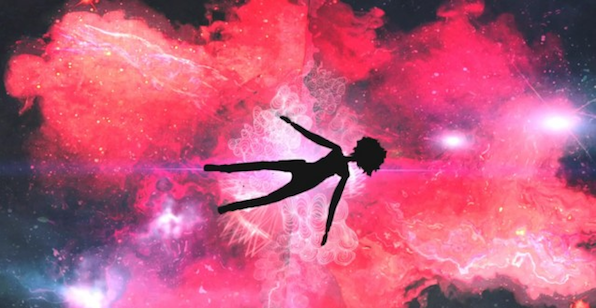Quite possibly the most dazzling debut film of the year, Terence Nance‘s An Oversimplification of Her Beauty gives multiple meanings to the term “labor of love.” Produced over six years, the film is a dense chronicle of Nance’s intensely amorphous relationship with actress-filmmaker Namik Minter. As their mutual roles as friends, collaborators and lovers precariously lapse into one another, the film itself flips through multiple forms: documentary, narrative, animation, re-enactment, interview. The film’s sprawling banyan tree structure even contains its own seedling, the short film “How Would You Feel?” which documents Nance’s distress after Minter had stood him up early in their relationship. Minter’s stunned reaction upon learning that he had made a film about the incident led to their feature, a full-on, no holds barred attempt for Nance to define his feelings for Minter within the full, sordid spectrum of his romantic history and his fumbling twenty-something understanding of what real love is supposed to be.
The film is unapologetically self-indulgent in its musings, cleverly divided in stereo between first-person and third-person perspectives that add a feeling of claustrophobia and compete at times with one of the film’s supreme marvels: the sheer breathtaking array of images that Nance creates, especially of his muse. I counted no less than three dozen different “looks” at Minter, created over five years and of which filmed images only amount to a part of the total sum. In addition to finding numerous techniques to re-frame Minter’s presence before the camera, Nance, a skilled visual artist, summons a vivid conceptual palette to render her in various animated incarnations, from a sun goddess to a swordswoman. And whether consciously or not, this repertoire of representations has political potency: this single film alone boasts exponentially more ways of looking at African American women than the narrow set of stereotypes found in Hollywood.
To see additional approaches of how to film love and attraction, see an earlier video essay “Looking vs. Touching.”
Kevin B. Lee is a filmmaker, critic and video essayist. He tweets as alsolikelife.




